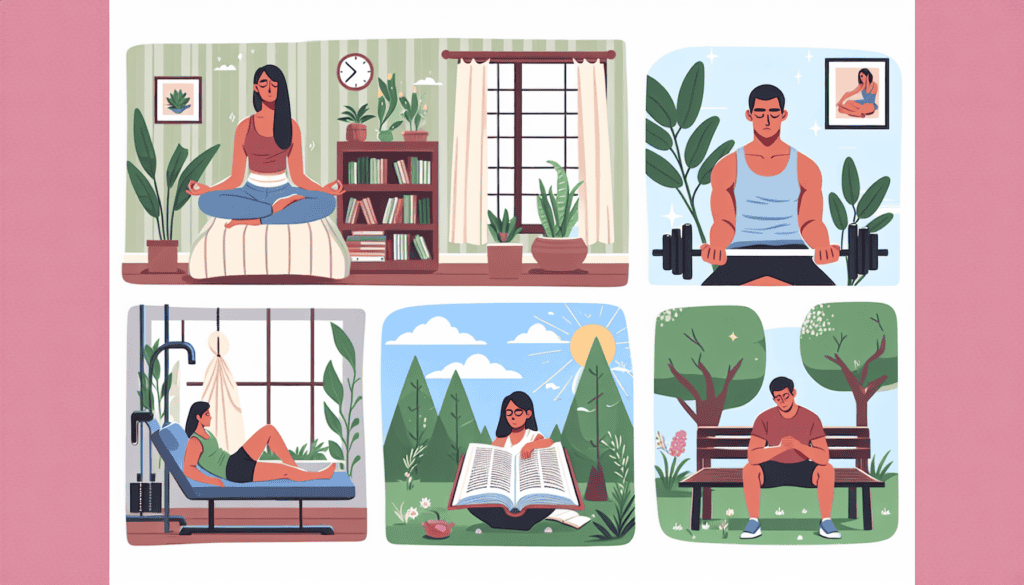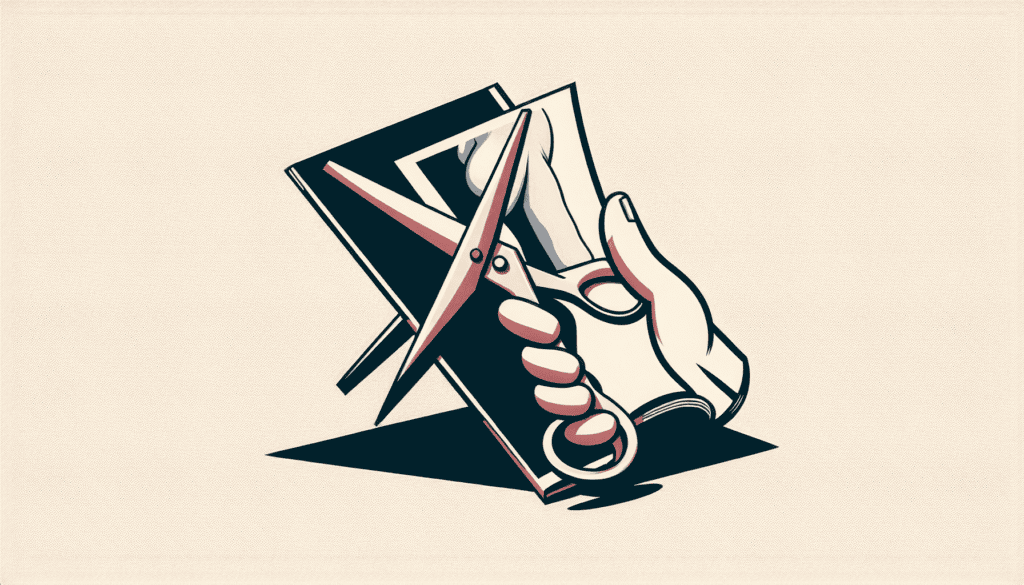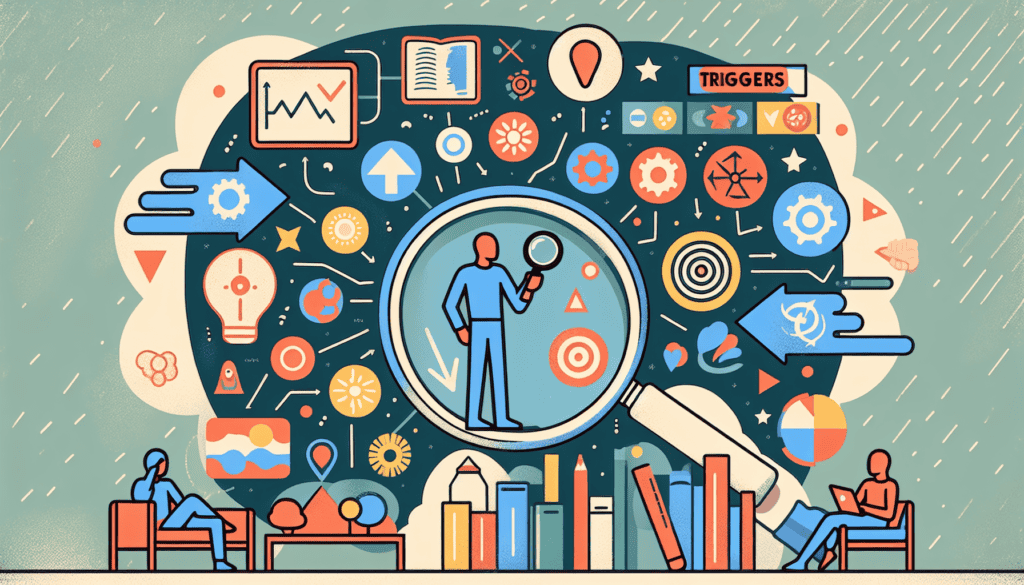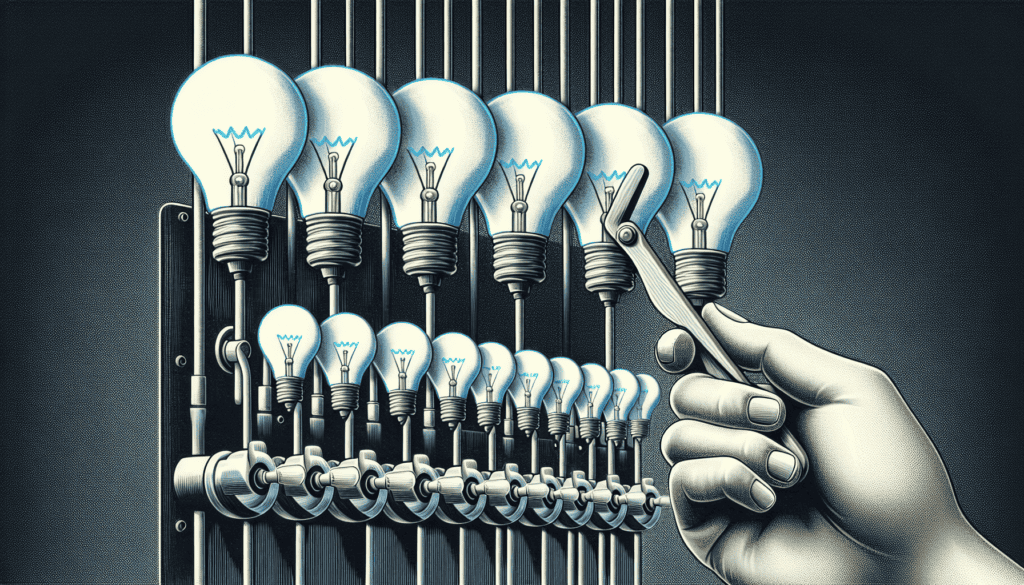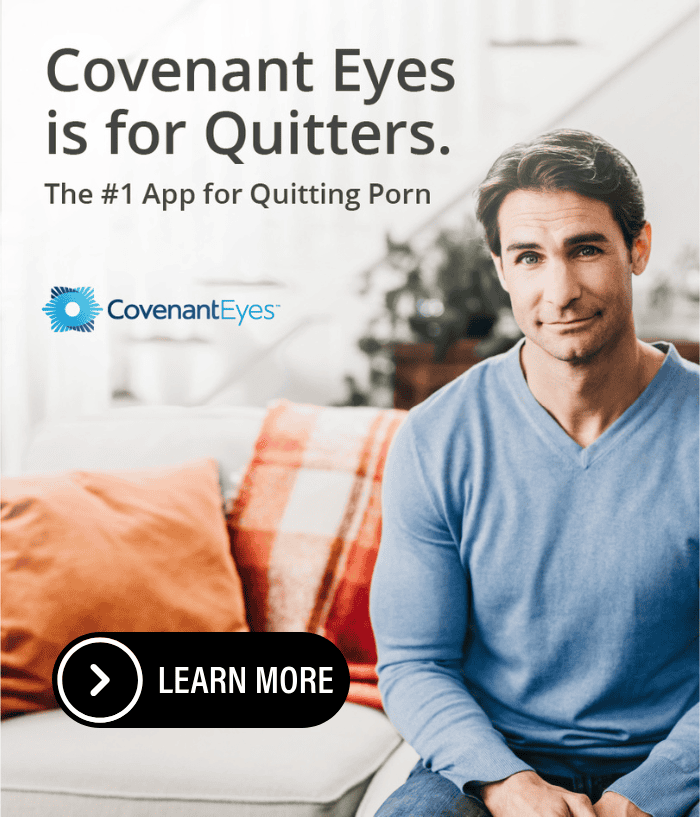Support in Recovery
Role of Support System
Picture you’re climbing a mountain, and you have friends, family, or maybe even a rope holding you steady. That’s what a solid support system feels like for folks kicking addiction. These are the people who act like cushions, ready to catch you if you slip. They listen, they get it, and they help keep your feet firmly on the path to staying clean.
When things get rocky, having a trusty network means you’re not facing challenges solo. They help you talk through stuff you might be tempted to keep bottled up, they remind you why you started this journey in the first place, and they might even suggest a return to treatment if it’s needed. The pieces of this network puzzle might look like this:
- Emotional Support: Like a best buddy who nods along and passes the tissues.
- Practical Help: The person who takes the trash out or picks the kids from school so you can calmly soldier on.
- Accountability: They’re like that voice that isn’t just in your head shouting, “You can do it!”
- Encouragement: Cheerleaders insisting you’ve got this, even on the days you feel like you don’t.
For more on bouncing back from relapses, peek here.
Importance of Communication
Let’s chat about talking. Yeah, talking. Being able to yap about strengths and weaknesses might just be the glue holding this recovery thing together. When someone can spot their own ‘uh-oh’ moments before they turn into major dilemmas, it gives them a fighting chance. It’s all about self-awareness and having a heads-up for the tricky situations that could bring trouble.
Having those heart-to-heart conversations with your crew builds a safe space where you can be real, and that honesty tightens your ties to recovery. Techniques like motivational interviews and cognitive-behavioral therapy give you the tools to tackle addiction like a pro, dodging the murky waters before they become quicksand. Curious about common setback landmines? Jump over here.
Effective communication is like building a bridge connecting the individual’s commitment to their network of support. If you need to gear up and brace for potential slip-ups, take a peek here.
Understanding Relapse Triggers
Figuring out what’s likely to make someone slip back into porn addiction is pretty darn important. Spotting these potential trip-ups means someone’s got a fighting chance to steer clear of falling into old habits again.
Common Triggers
Now, what kind of stuff usually gets people in trouble, you ask? Well, from emotional storms to the places we hang out, triggers can rear their ugly heads. According to New Choices Treatment Centers, these things can set the scene for a stumble:
| Trigger Type | Examples |
|---|---|
| Stress | Grinding work stress, family squabbles, money worries |
| Environmental Cues | Spots linked to those old habits, certain internet sites |
| Negative Emotions | Feeling down, swamped with guilt, seeing red |
| Mental Health Issues | Worry that clouds the mind, that dark cloud called depression |
| Social Pressure | The pals that push, the outings that tempt |
When life’s got you feeling blue or fuming, it’s easy to slip. That’s why learning how to handle feelings through therapy can really change the game for those sprinting away from porn addiction (Gateway Foundation).
Recognizing Warning Signs
Knowing the signs that a stumble’s around the corner is like having a superpower. It helps folks make moves to keep the monster at bay. Triggers can creep up from inside or smack from outside, like so:
| Trigger Type | Internal Signs | External Signs |
|---|---|---|
| Emotional | Jitters, grumpiness | People or places that poke old wounds |
| Physical | Exhaustion, hunger pangs | Screens or spaces that whisper of the past |
The HALT states—Hungry, Angry, Lonely, Tired—are nasty little gremlins that lower defenses. Feeling any of these leaves a person teetering on the edge, ready to leap into old habits. To fend them off, try a little loving self-care: plan some tasty bites, keep calm and carry on, find a mate, and oh yeah, catching those z’s is crucial (Gateway Foundation).
Spotting those personal alarms and pairing them with a plan can help tackle whatever emotions or scenarios tease you toward addiction. Figuring out what pulls the strings is empowering and helps pave the way for solid coping skills and saying “no thanks” to the relapse game. For more tips as you steer the course, check out these reads on handling guilt and shame after a slipup and how to bounce back and learn from a relapse.
Coping with Relapse
Dealing with a relapse—it ain’t easy, but a little planning and support can go a long way. It’s about finding the people who got your back and figuring out how to deal with stress before it sneaks up on you. This stuff not only helps you stay on track but also gears you up for whatever life tosses at you next.
Creating a Supportive Environment
Having a crew that’s got your back is huge. Those who understand what you’re going through can really make or break the road back to sobriety. Having real talks with family and friends makes everything easier. They should know what you’re aiming for and be ready to step in when the going gets tough. Here are some moves to build up your support:
- Keep the Conversation Going: Families and friends should chat about addiction struggles without pointing fingers.
- Hit up Community Meetings: Joining groups like Alcoholics Anonymous (AA) or Narcotics Anonymous (NA) can help you keep your eye on the prize.
- Don’t Rule Out More Treatment: Be open to hitting up more treatment if it’s needed.
- Stay Focused on the Goal: Let loved ones remind you why you’re in this fight, keeping your motivation fired up.
Strategies for Managing Stress
Stress management is key—it ain’t just about keeping your cool, it’s also about staying clean, especially when you’re starting out. Making time for yourself and using healthy coping skills can make those cravings and triggers feel a whole lot smaller. Try out these stress-busting tactics:
- Mindfulness Practices: Dive into some mindfulness meditation to increase your awareness and keep your emotions in check.
- Get Moving: Regular workouts can cut down stress and boost your mood.
- Stick to a Schedule: Build a daily routine that includes taking care of yourself, bringing a bit of stability and focus.
- Seek Therapy: Counseling or things like cognitive-behavioral therapy can help with controlling stress and keeping relapses at bay.
Bringing these supportive tactics and stress strategies into your life can really arm you against any slip-ups. Creating a space of understanding and attacking stress head-on means you’ll find your footing as you walk the recovery path one step at a time. Want to learn more about tackling relapses?
Check out how to deal with the guilt and shame of a relapse? and how to learn from a relapse and not let it derail you?.
Prevention and Recovery Strategies
Kicking a porn addiction to the curb calls for some smart strategies. We’re zooming in on therapy, skills, and knowing what sets you off.
Therapy and Skill Development
Therapy’s got your back in beating addiction. You’ve got options like motivational interviewing, cognitive-behavioral therapy (CBT), acceptance and commitment therapy, and contingency management.
They help folks dig into what’s fueling their addiction and work on healthier habits (NCBI Bookshelf). These sessions help spot behavior patterns, come up with better ways to cope, and set your sights on realistic recovery goals.
Now, skill development rolls right alongside therapy, handing over the keys to handle cravings and those pesky triggers. Hanging out in support groups, getting into mindfulness, and mastering stress-busting moves make a huge difference.
Here’s a quick look at therapy methods that might be part of the groove:
| Therapy Type | What It’s About |
|---|---|
| Motivational Interviewing | Helps you jazz up that mojo for change by resolving mixed feelings. |
| Cognitive-Behavioral Therapy (CBT) | Zeros in on ditching negative thoughts and actions. |
| Acceptance and Commitment Therapy | Get comfy with tough vibes while sticking to values that matter. |
| Contingency Management | Offers rewards for staying on the sober path. |
Identifying Personal Triggers
Figuring out what ‘trips the wire’ is golden in steering clear of falling off the wagon. Triggers can be inside stuff (think anxiety or frustration) or outside folks and places (Northstar Behavioral Health). Knowing these triggers means she can plan how to tackle those tricky spots, moods, or thoughts.
Making a list of what sets you off is a savvy move. It helps chart potential pitfalls and map out strategies for managing them better.
| Trigger Type | Example | Coping Strategy |
|---|---|---|
| Internal | Feeling anxious | Dive into mindfulness or try the 5-4-3-2-1 trick to stay grounded. |
| External | Specific places | Sidestep old haunts or have a backup plan if things get sticky. |
Spotting triggers opens a door to developing methods to tackle them head-on, cutting down the chance of stumbling. Pouring care into mental health and sticking to self-care habits strengthens your shield against temptations. For extra tips on getting ready for any setbacks, check out how to get mentally prepped for relapses here.
By mixing therapy and skill-building with learning how to spot triggers, those fighting porn addiction can sharpen their recovery game and dodge setbacks more effectively.





